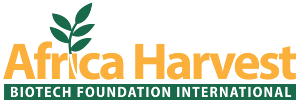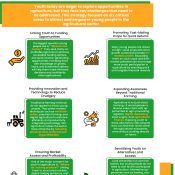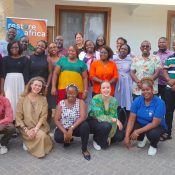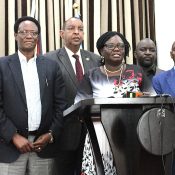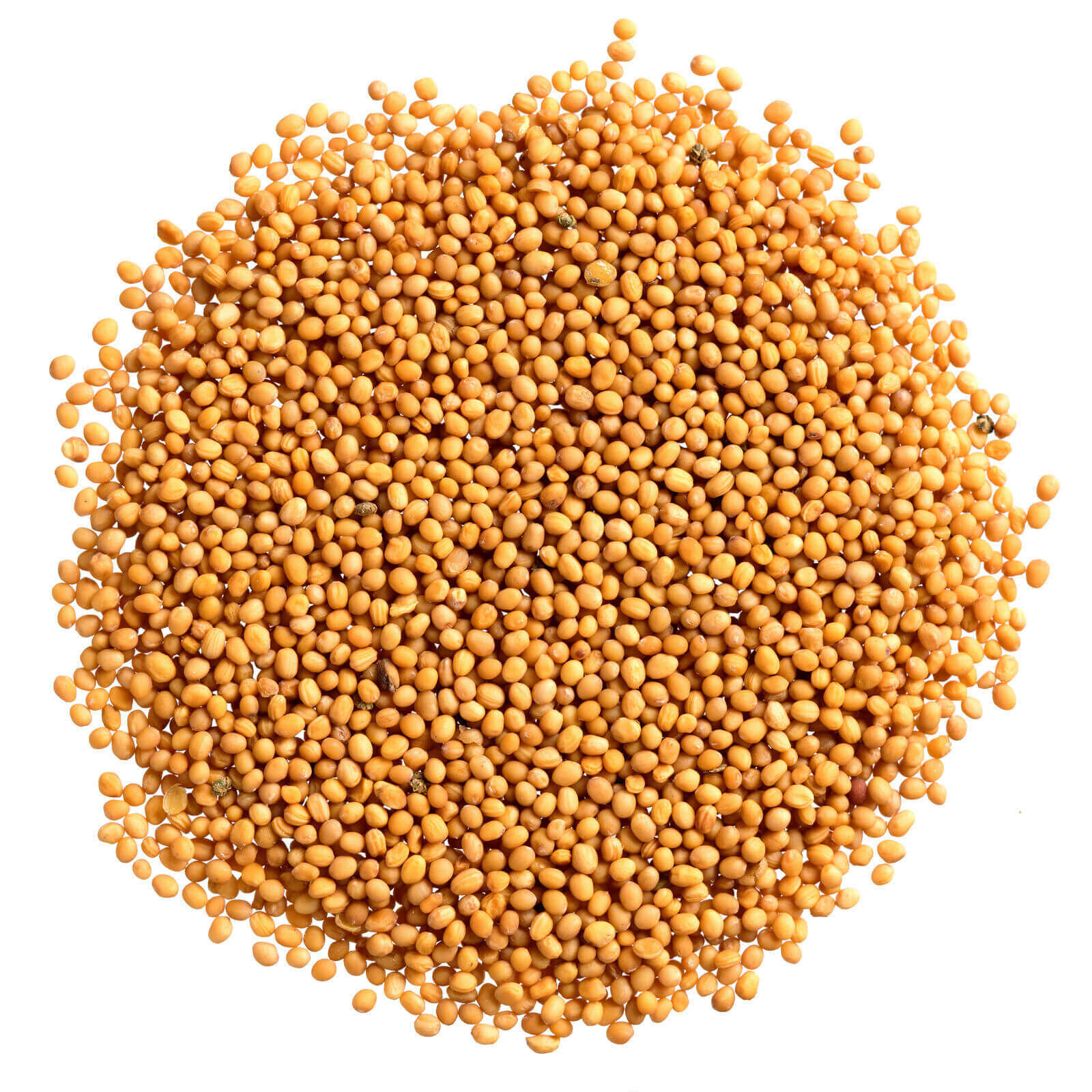
Quality Seed for East African Farmers
Access to quality seed is key for agricultural development. Quality seed can increase yield potential for any crop. Enhancing seed quality is an economical way of improving crop production and productivity. For smallholders to benefit, quality seed must be available on time and at affordable prices. It is estimated that 60% to 90% of seed systems in developing countries, more so in Africa, are informal, which essentially means that smallholder farmers depend on seed saved from previous harvests.
Robust seed systems can enable countries to improve nutrition through the promotion of bio-fortified varieties leading to food-based solutions to combat micronutrient deficiencies. Similarly, such systems can increase farmers’ access to stress tolerant varieties to enhance climate resilience, food and nutrition security in rural communities, particularly in the arid and semi-arid lands (drylands).
For smallholder farmers, quality seed is not always accessible. Most seed in the formal sector is expensive and farmers may not afford to buy it even when available. In other cases, smallholder farmers may have limited knowledge of the available certified seed and how to access it. Other challenges that hamper the distribution of and access to quality seed in rural areas of many African countries include poor infrastructure and the fact that new improved varieties may not be commercialised, therefore making them unavailable to farmers.
Planting materials for vegetatively propagated crops such as cassava, sweet potatoes and bananas are not commercialised making access to quality seed for farmers a daunting task. For this reason, most of the farmers propagate stored materials that may be of low genetic quality. Furthermore, when infected, shared planting material can potentially cause catastrophic problems as farmers unwittingly spread devastating pests and diseases from one farm to another.
One way of meeting the challenge of limited access to quality seed to farmers is through the use of quality declared seed (QDS) system. Developed by the Food and Agriculture Organization (FAO), this system identifies ways of increasing access to quality seed to agricultural communities. Essentially, it involves seed produced by a registered producer that conforms to minimum standards for the crop species concerned and which has been subjected to strict quality controls.
With the support of International Fund for Agricultural Development (IFAD), Africa Harvest implemented a project that focused on banana, cassava, sweet potato and bean value chains in Burundi, Kenya and Tanzania. The Integrated Farming System (INFAS) for Sustainable Livelihood of Smallholder Farmers in Eastern Africa explored ways of introducing nutritious crops and improved varieties that did not have established seed systems.
Quality Declared
The seed systems developed for improved beans, orange-fleshed sweet potato and cassava are semi-formal in the three target countries. Africa Harvest working with multi-stakeholder partners used the integrated QDS system approach to improve access to certified seed or quality-declared seed to farmers. The banana value chain was the least problematic, as many of the improved banana varieties were already available in the formal system through the tissue culture technology.
Africa Harvest worked with private and public sector seed multiplication labs and companies in the three countries to improve access of banana varieties and certified bean seeds. However, improved beans, cassava and sweet potato seed varieties were not available in the formal sector, compelling Africa Harvest to employ the QDS approach in order to improve access for farmers. Achieving this necessitated partnership with national research institutions to facilitate access to breeder seed.
Champion farmers and key farmer groups were then identified and trained on basic requirements for multiplying quality seed, in close collaboration with regulatory agencies for quality control. The breeder seed was provided to the trained farmers for multiplication and the crop monitored throughout the growing season to ensure compliance with set standards. Once approved, the farmers were allowed to sell it as quality seed, with the regulatory agencies providing guidance on how many times the multipliers could recycle the seed before obtaining new breeder seed from researchers.
In a span of three years, the INFAS project worked with 146 semi-formal seed multipliers who multiplied approximately 95 metric tons of improved bean seed, 1 million clean cassava cuttings and 700,000 vines of orange-fleshed sweet potato in the three countries.
